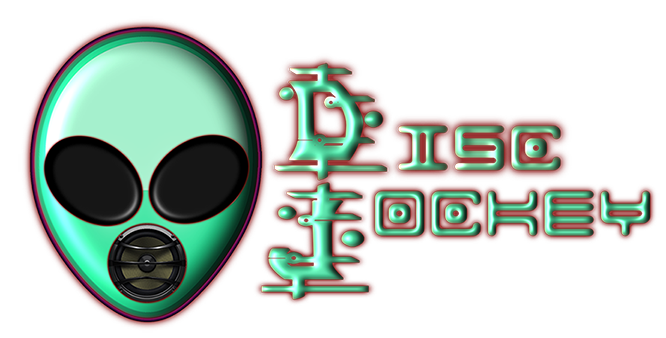
I was nine years old when Pitchfork published its first review in 1996: It was a 132-word assessment of the Amps’ Pacer. I lived outside of Baltimore in an extended family of immigrants, from India and Zimbabwe, who loved music and surrounded themselves with it. My mom’s brother had a records and tapes store in their home city of Vadodara, and my earliest understanding of music was shaped by her carefully combing through the piles of mixtapes he’d send to us. Arriving in the United States in the ’80s, my parents were drawn to disco and funk and chart-topping artists like Bruce Springsteen and Tina Turner, who represented their cultural ideas of America. (Their idea of a rock canon was limited to Fleetwood Mac, the Rolling Stones, and the Beatles and, as a result, mine was, too.)
High school and—I hate to admit—movies like Almost Famous and High Fidelity brought about the realization that I didn’t have the same musical background as my friends, who had an easy familiarity with rock’n’roll via their parents’ living through its heyday. So I quietly checked out the Rolling Stone Record Guide from the library and pored over it as if it was homework, downloading classic albums as a tedious exercise that felt crucial to my belonging in a rural-suburban, primarily white town. Thankfully, a librarian noticed my constant renewals of the encyclopedic volume and pointed me to the periodicals room, which had back issues of SPIN.
When I discovered Pitchfork in college, my want to understand historical musical lineages meant I had amassed a ridiculous collection of albums, organized in mp3 form, on a huge, wheezing hard drive. The website quickly became a sort of new, dynamic record guide. In it I saw the value of discovery, of irreverence, of wanting to find the Next Big Thing before everyone else, of having a dissenting opinion just because it was my own. I felt Pitchfork’s closeness to music that was on the fringes and its wariness of the mainstream. It was the place where I discovered Arcade Fire, and the Go! Team, and Antony and the Johnsons, and its album reviews regularly appeared in debates between my friends, pretentious college radio DJs and the more mellow fans alike. As for so many others, Pitchfork became not only my go-to for keeping up with indie, but a sounding board for which to form my own judgments and spark my own discussions. It turned out that taste-building and canon-creation could be as personal as it was academic. To this day, when a new batch of reviews go up in the middle of the night, the site sees a huge spike of traffic—by the time our largely Brooklyn-based staff wakes up in the morning, a conversation around our album scores has already begun.
I’ve been a music journalist for about 15 years now, and this month marks my third year at the helm of Pitchfork. I’ve worked for a lot of music magazines and websites, and seen a lot of change. Still, the role of the music critic has felt both difficult and a little unclear in the past few years, as global trauma became the forefront of every discussion, live music came to a standstill, and overdue social reckonings came with determination. For one, the racial justice movement that followed the police killings of George Floyd and Breonna Taylor also reverberated through the music industry: labels and streaming services were called upon for pay parity, musicians began to navigate where and when their voices might be used as protest, fans learned about performative and authentic allyship, journalists and publications interrogated their practices and biases.
https://pitchfork.com/news/introducing-pitchforks-25th-anniversary-project

![Bassnectar’s New Collaboration with Peekaboo Is A Certified Slapper [WATCH]](https://djdiscjockey.co.uk/blog/wp-content/themes/Extra/images/post-format-thumb-text.svg)






